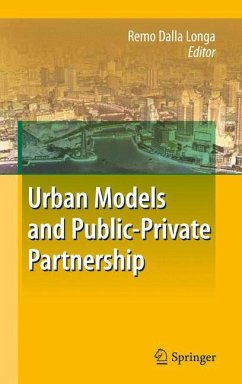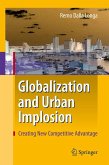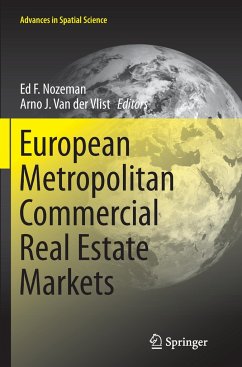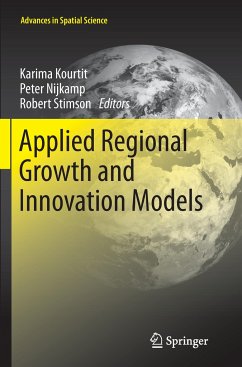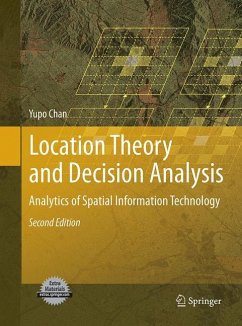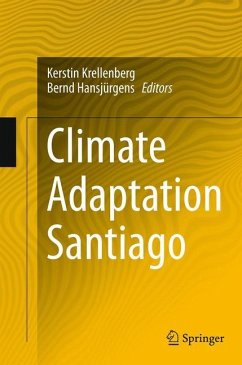This book addresses the topic of urban models with reference to large western cities and particularly to global cities. In the current transitional phase, the use of language and the systematization of phenomena has become important. The book's matrix examines two important and strongly connected themes: urban models and public-private partnerships (PPP) determined by urban functions which are transformed in an increasingly rapid and complex manner as a result of globalization. PPPs represent the new border of the modern global state. The book focuses on two principal urban models (renewal and restructuring) through PPPs and subsequently the relationship between state and market in fourteen Italian cities (renewal) and two central European cities, Leipzig and Budapest (restructuring). CoUrbIT (Complex Urban Investment Tools) and the book 'Globalization and Urban Implosion: Creating New Competitive Advantage' by the same author serve as points of reference.
Bitte wählen Sie Ihr Anliegen aus.
Rechnungen
Retourenschein anfordern
Bestellstatus
Storno

